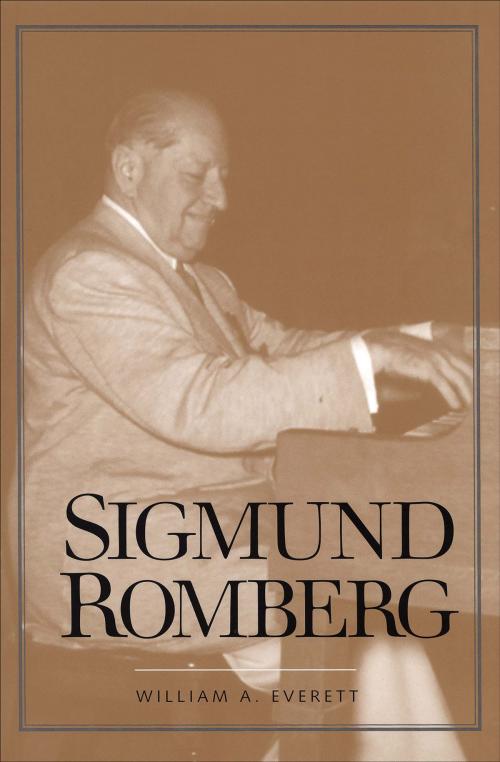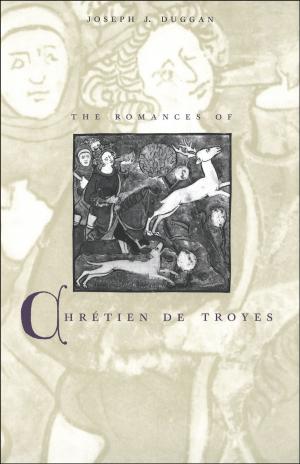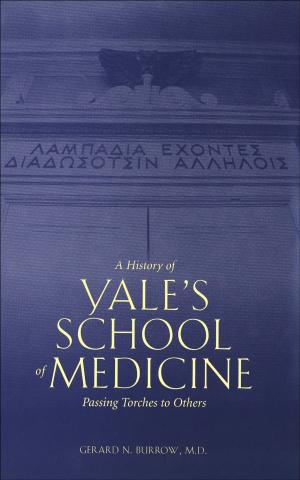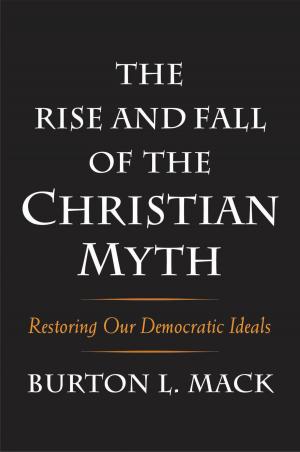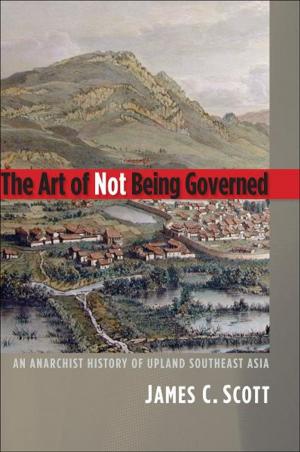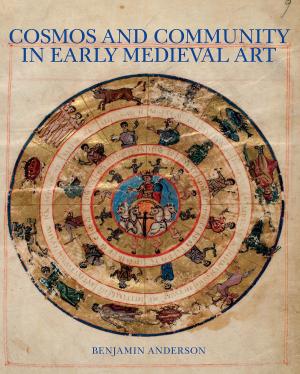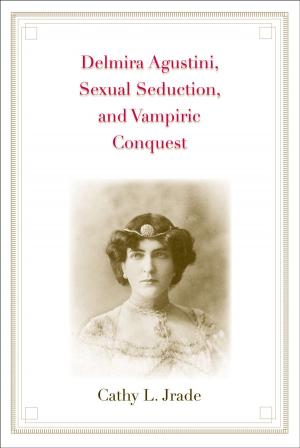| Author: | Mr. William A. Everett | ISBN: | 9780300138351 |
| Publisher: | Yale University Press | Publication: | October 1, 2008 |
| Imprint: | Yale University Press | Language: | English |
| Author: | Mr. William A. Everett |
| ISBN: | 9780300138351 |
| Publisher: | Yale University Press |
| Publication: | October 1, 2008 |
| Imprint: | Yale University Press |
| Language: | English |
Hungarian-born composer Sigmund Romberg (18871951) arrived in America in 1909 and within eight years had achieved his first hit musical on Broadway. This early success was soon followed by others, and in the 1920s his popularity in musical theater was unsurpassed. In this book, William Everett offers the first detailed study of the gifted operetta composer, examining Romberg’s key works and musical accomplishments and demonstrating his lasting importance in the history of American musicals.
Romberg composed nearly sixty works for musical theater as well as music for revues, for musical comedies, and, later in life, for Hollywood films. Everett shows how Romberg was a defining figure of American operetta in the 1910s and 1920s (Maytime, Blossom Time, The Student Prince), traces the new model for operetta that he developed with Oscar Hammerstein II in the late 1920s (The Desert Song, The New Moon), and looks at his reworked style of the 1940s (Up in Central Park). This book offers an illuminating look at Romberg’s Broadway career and legacy.
Romberg composed nearly sixty works for musical theater as well as music for revues, for musical comedies, and, later in life, for Hollywood films. Everett shows how Romberg was a defining figure of American operetta in the 1910s and 1920s (Maytime, Blossom Time, The Student Prince), traces the new model for operetta that he developed with Oscar Hammerstein II in the late 1920s (The Desert Song, The New Moon), and looks at his reworked style of the 1940s (Up in Central Park). This book offers an illuminating look at Romberg’s Broadway career and legacy.
